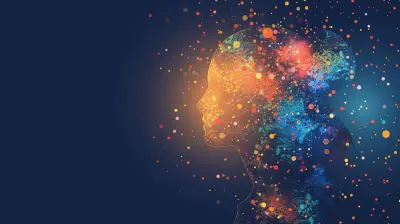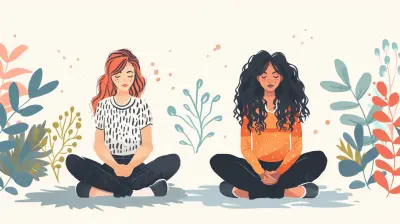The Science of Empathy: How We Connect with Others
29 October 2025
Empathy is one of those buzzwords we hear all the time, but have you ever wondered what really goes on in your brain when you feel someone else’s pain or joy? It's more than just being a good listener or offering a shoulder to cry on. Empathy is actually rooted in fascinating neuroscience.
In this article, we're diving deep into the science of empathy to uncover how humans are wired to connect with each other. We’ll explore why some people seem to have empathy in spades while others struggle, and how understanding the mechanisms behind empathy can help us improve our relationships and social dynamics.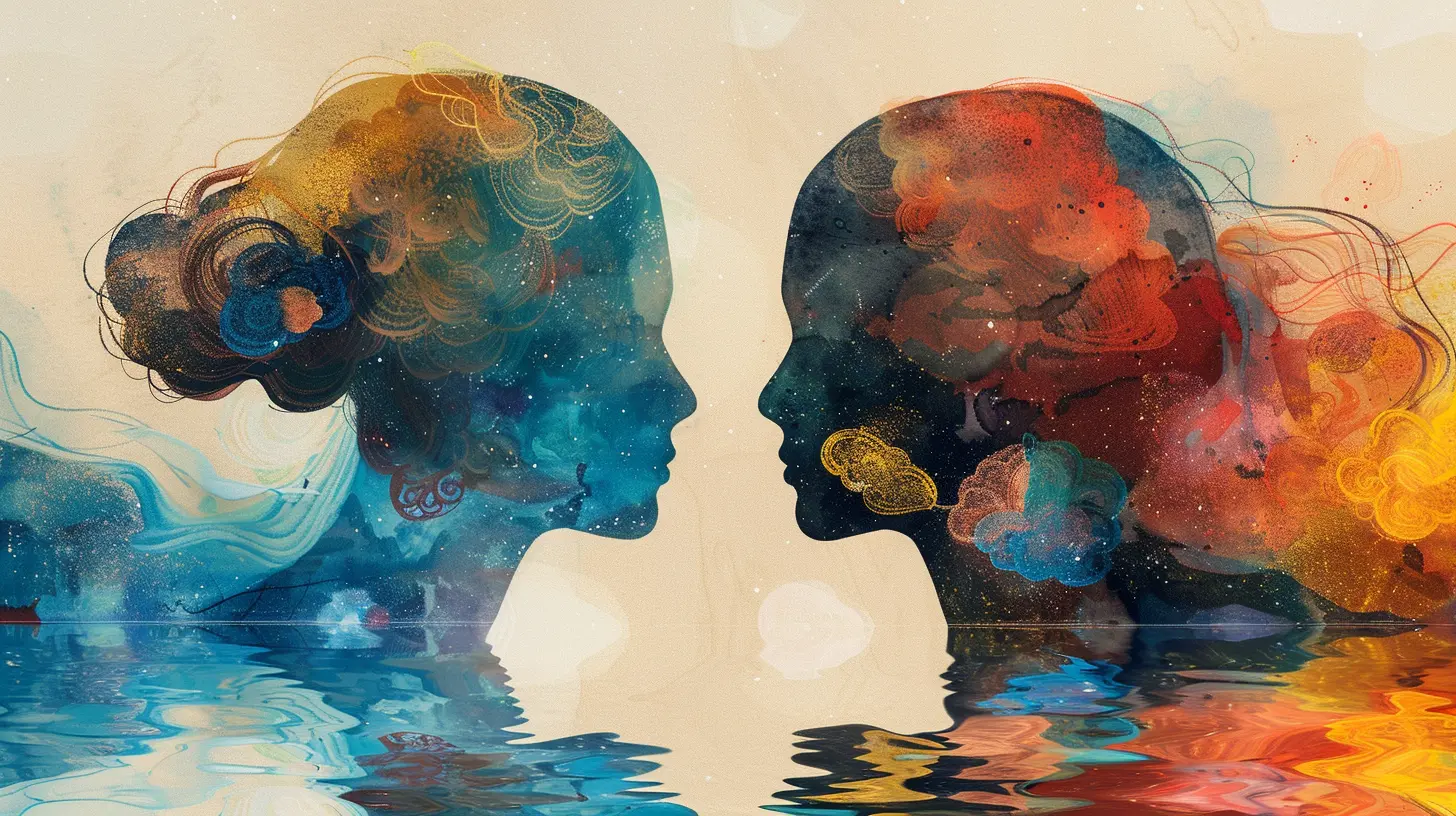
What is Empathy?
Let’s start with the basics. Empathy is the ability to understand and share the feelings of others. It’s not just about knowing what another person is going through on an intellectual level; it’s about feeling what they feel. Think of it like putting yourself in someone else’s shoes. When your friend tells you they’re stressed about work, and you can genuinely feel that stress in your own body, that’s empathy in action.But empathy isn’t just a one-size-fits-all concept. It actually comes in different forms:
1. Cognitive Empathy – This is about understanding someone else’s perspective intellectually. You get their logic, you understand their thoughts, but you might not necessarily feel what they’re feeling.
2. Emotional Empathy – This is where you actually feel what the other person is feeling. If someone’s sad, you feel sad. If they’re excited, you share in that excitement.
3. Compassionate Empathy – This takes it a step further. Not only do you understand and feel someone’s emotions, but you’re also motivated to help them. You want to take action to alleviate their suffering or enhance their joy.
The Neuroscience Behind Empathy
So, what’s happening in your brain when you experience empathy? It all comes down to a fascinating network of neurons and chemicals.Mirror Neurons: The Brain's Empathy Circuit
Ever heard of mirror neurons? These are specialized brain cells that activate not only when you perform an action but also when you observe someone else performing that same action. In a way, your brain "mirrors" the behavior of others, which is why you might wince when someone else stubs their toe or feel a warm rush of pride when you see someone achieving their goals.Mirror neurons are the brain’s way of simulating the experiences of others, which forms the backbone of empathy. These neurons give us the ability to “feel” without directly experiencing. Pretty cool, right?
The Role of the Insula and Anterior Cingulate Cortex
In addition to mirror neurons, two other brain regions play a key role in emotional empathy: the insula and the anterior cingulate cortex (ACC). The insula helps you process the emotional states of others, while the ACC helps you experience their pain. When you see someone in distress, these areas light up as though you were going through that pain yourself.Think of it as the brain’s alarm system, signaling that something is wrong with someone else and prompting you to respond.
The Neurochemicals of Empathy
Neurotransmitters like oxytocin and dopamine also play a role in empathy. Oxytocin, often dubbed the “love hormone,” promotes bonding and trust, making you more likely to connect with others on an emotional level. Dopamine, the brain’s reward chemical, can make acts of kindness feel good, reinforcing empathetic behavior.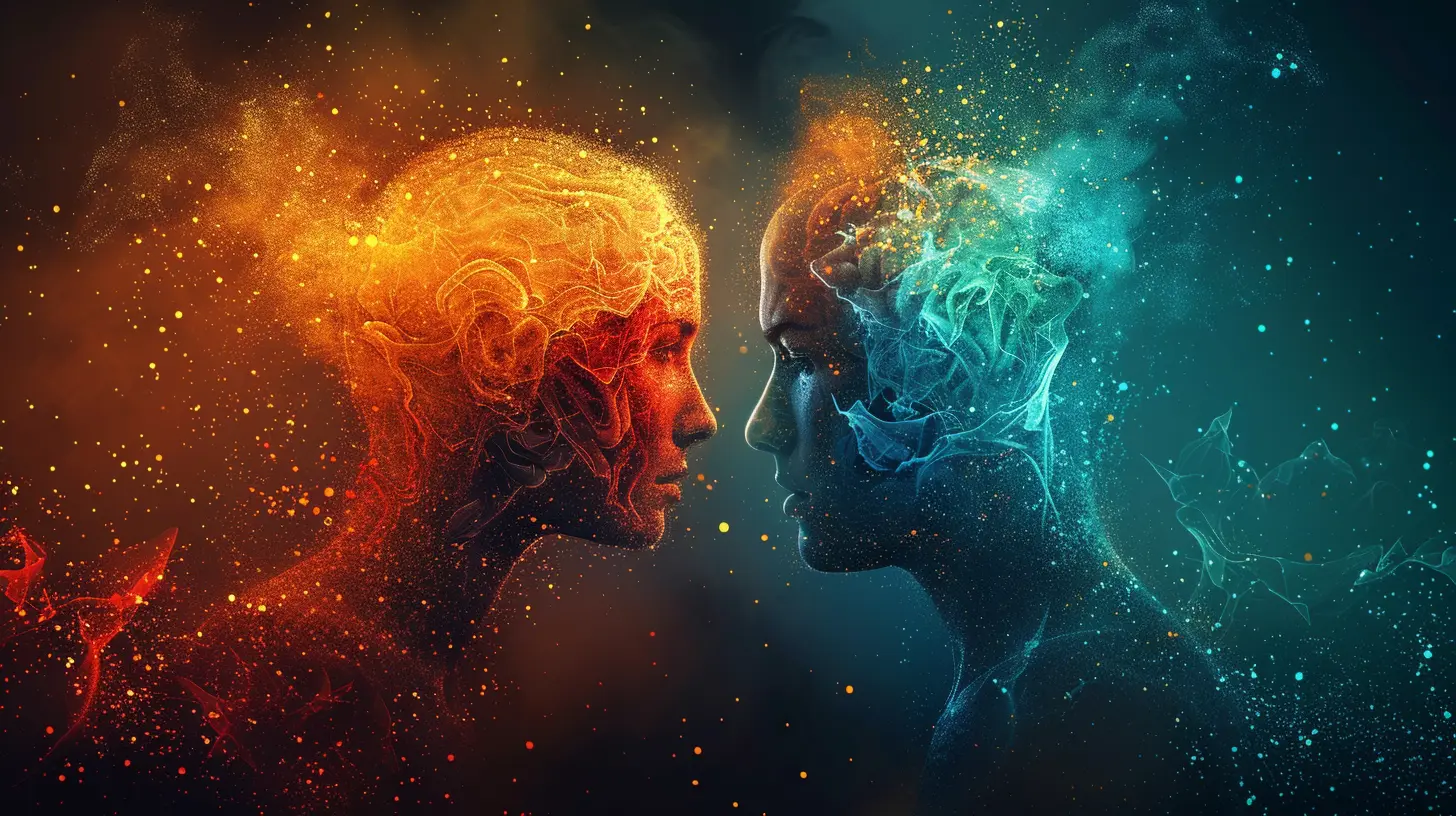
Why Do Some People Have More Empathy Than Others?
You’ve probably noticed that some people are ultra-attuned to the emotions of others, while others seem a bit... well, clueless. So what gives? Why do some people naturally connect on a deep emotional level, while others struggle?Genetics and Empathy
Believe it or not, part of your ability to empathize is genetic. Some people are born with a higher sensitivity to emotional cues, while others might not be as naturally inclined. Studies show that variations in the OXTR gene, which influences oxytocin production, can affect how empathetic someone is. So, if you find it easy to connect with others emotionally, you might just have won the genetic empathy lottery.Environment and Upbringing
Of course, it's not all in your DNA. Your upbringing and social environment also play a huge role in shaping your capacity for empathy. If you grew up in a nurturing environment where emotional expression was encouraged, you’re more likely to develop strong empathetic skills. On the flip side, growing up in an emotionally distant environment could make empathy more difficult to develop.Experience and Empathy
Life experiences shape empathy too. People who have experienced adversity or hardship often show a greater capacity for empathy, especially emotional empathy. Why? Because they’ve been there. They know what it feels like to struggle, and that shared understanding can make them more attuned to the emotions of others.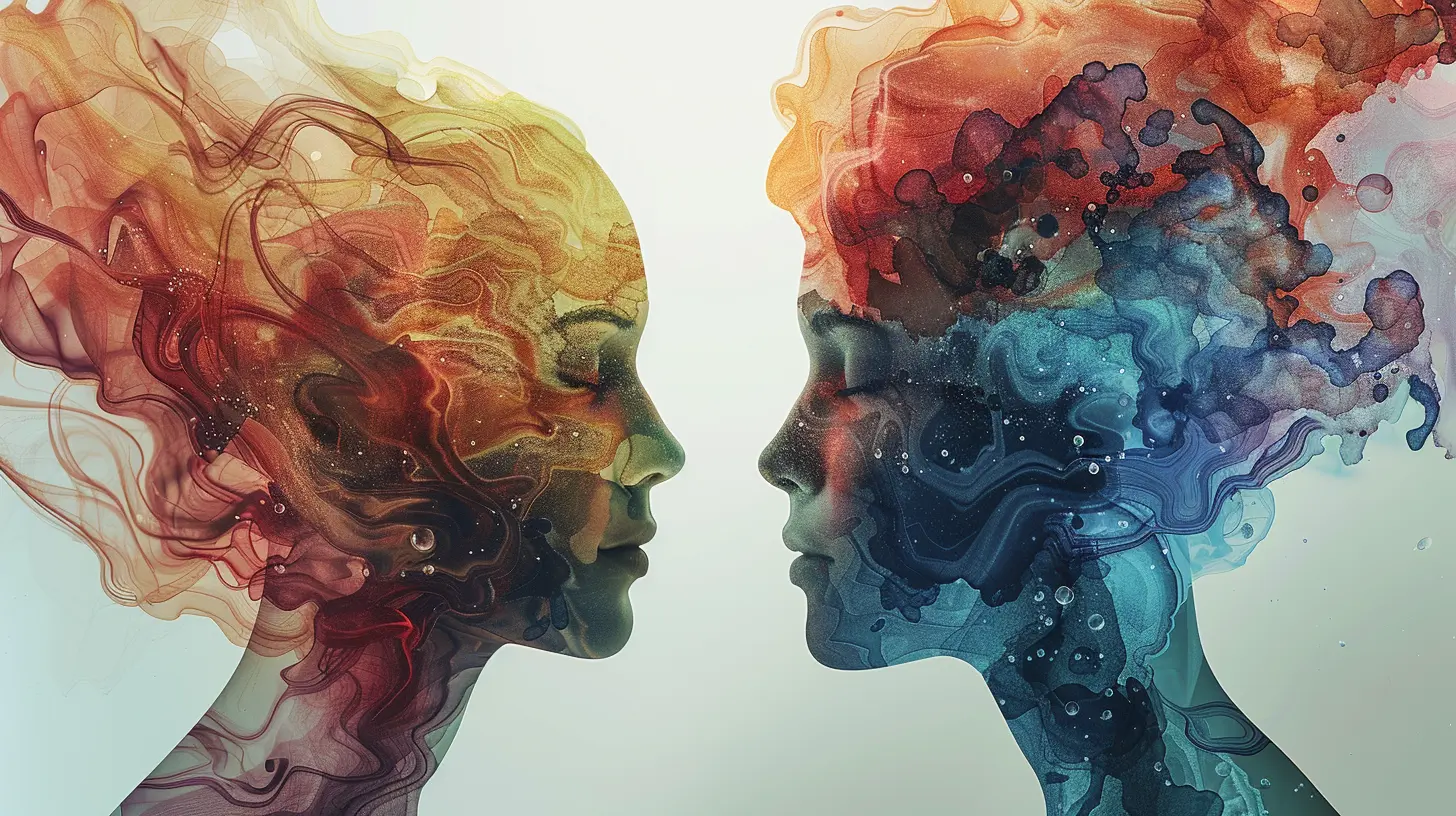
How Empathy Can Benefit Your Relationships
Empathy is like the social glue that holds relationships together. Whether it’s your romantic partner, best friend, or even your coworkers, empathy fosters deeper connections and mutual understanding. Here’s how:Enhances Communication
When you truly understand where someone is coming from, you’re better able to communicate effectively. Empathy eliminates the guesswork. Instead of assuming what the other person needs, you can respond in a way that meets their emotional needs. It’s like having a roadmap to their heart and mind.Boosts Trust
Trust is the foundation of any strong relationship, and empathy is essential for building and maintaining it. When people feel understood, they’re more likely to open up and trust you with their vulnerabilities. It’s a two-way street: the more empathy you show, the more trust you build.Reduces Conflict
Let’s face it—conflict is inevitable in any relationship. But empathy can help you navigate those rough patches with more grace. When you’re able to see the situation from the other person’s perspective, it becomes easier to find common ground and compromise. Instead of battling it out, empathy helps you bridge the gap.Can Empathy Be Learned?
If you’re thinking, “Well, great… but I’m not naturally empathetic,” don’t worry. The good news is that empathy can be cultivated. It's like a muscle—the more you use it, the stronger it gets.Mindfulness and Empathy
Practicing mindfulness can significantly boost your empathy levels. Mindfulness encourages you to be present in the moment, which allows you to tune into your own emotions as well as the emotions of others. When you’re more aware of your own emotional states, you’re better equipped to understand and respond to the emotional experiences of those around you.Active Listening
Another way to build empathy is through active listening. Often, we’re so caught up in our own responses that we don’t really listen to what the other person is saying. Active listening involves giving your full attention, asking clarifying questions, and reflecting back what the other person is communicating. This not only makes the other person feel heard but also helps you connect on a deeper emotional level.Put Yourself in Their Shoes
This might sound cliché, but it’s one of the most effective ways to cultivate empathy. The next time someone is sharing their feelings with you, try to imagine what it would be like to be in their situation. Even if you haven’t experienced the exact same thing, you can likely relate to the emotions they’re feeling.The Dark Side of Empathy: Can You Have Too Much?
While empathy is generally a good thing, there is such a thing as too much empathy. If you’re constantly absorbing the emotions of others, it can lead to something called empathy fatigue or compassion fatigue. This is especially common in caregivers, therapists, and people in helping professions who are regularly exposed to other people’s pain and suffering.Empathy fatigue can leave you feeling emotionally drained, detached, or even burned out. So, while it’s important to be empathetic, it’s equally important to set boundaries and practice self-care to protect your own emotional well-being.
Empathy in the Digital Age
In a world where so much of our communication happens through screens, empathy can sometimes get lost in translation. Text messages, social media posts, and emails lack the non-verbal cues—like tone of voice, facial expressions, and body language—that are crucial for empathy.But that doesn’t mean empathy is impossible in the digital age. In fact, some studies suggest that digital empathy is a growing phenomenon. Through thoughtful communication, sharing personal experiences, and offering emotional support via online platforms, people are finding new ways to connect on an empathetic level—even from miles away.
Conclusion: Cultivating Empathy for a Better World
Empathy isn’t just a nice-to-have trait; it’s a crucial part of what makes us human. It allows us to connect with others on a deep emotional level, build stronger relationships, and create a more compassionate world. Whether it’s through our mirror neurons, oxytocin-fueled connections, or simply putting ourselves in someone else’s shoes, empathy is the key to understanding and supporting each other.So, the next time someone shares their feelings with you, pause, listen, and try to truly feel what they’re going through. You might just find that empathy not only helps them but enriches your own emotional life as well.
all images in this post were generated using AI tools
Category:
Human BehaviorAuthor:

Jenna Richardson
Discussion
rate this article
1 comments
Imani Barnes
This article beautifully explores the science behind empathy and our connections. It’s a wonderful reminder of the importance of understanding and supporting one another. Thank you!
November 5, 2025 at 3:44 AM

Jenna Richardson
Thank you for your kind words! I'm glad you found the article meaningful and inspiring.
